|
The outcome of last month’s poll proved to be a sobering moment for Namibia’s ruling party, Swapo, which has governed the country since independence from South Africa in 1990. Reinhart Kössler argues that the decline in its support reflects growing discontent with corruption, inequality, and unemployment, and poses serious challenges for the former liberation movement.
Many countries around the world have begun to look beyond GDP as a measure of national success. Instead, they are starting to focus on happiness, by measuring certain factors from income to life expectancy and social support. Such a change in focus is great news, but is this really a good way to create the conditions for happiness – by measuring its supposed ingredients? Sam Wren-Lewis isn’t sure.
|
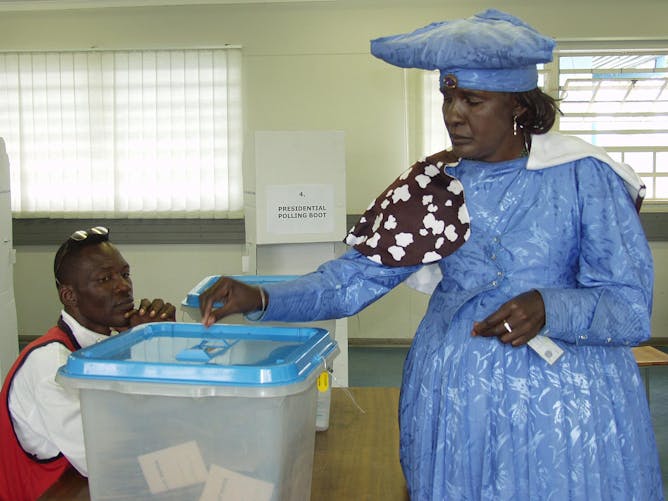
The results of the Namibian election reflect growing discontent among voters with the way the country is being run.
EFE/EPA
Reinhart Kössler, Freiburg University
For the first time since independence, Namibia's ruling party has suffered electoral setbacks in the midst of economic and political crisis.
|

Bruce Mars/Unsplash
Sam Wren-Lewis, University of Nottingham
Societies have much to learn from the pursuit of happiness on an individual level.
|
Politics + Society
|

Martin Farr, Newcastle University
The US president, Donald Trump, has arrived in the UK for a summit of NATO leaders – but it's awkward timing for the British prime minister, Boris Johnson.
| |
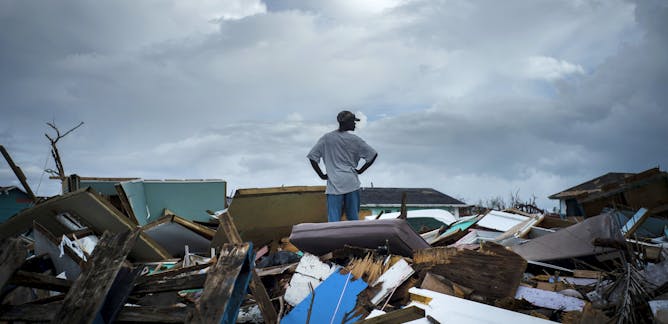
Bertin M. Louis, Jr., University of Kentucky
The economy of the Bahamas depends on Haitian labor. But some Bahamians see no place for migrant workers in their country's long, slow recovery from Hurricane Dorian.
|
|
|
Environment + Energy
|
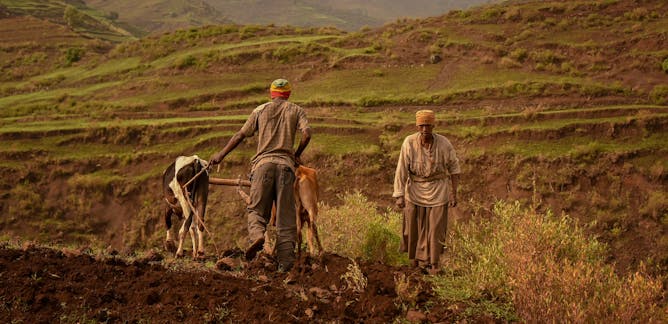
Ermias Betemariam, World Agroforestry Centre (ICRAF)
Ethiopian researchers put together maps which show where there are soil fertility issues and whether nutrients are missing.
| |
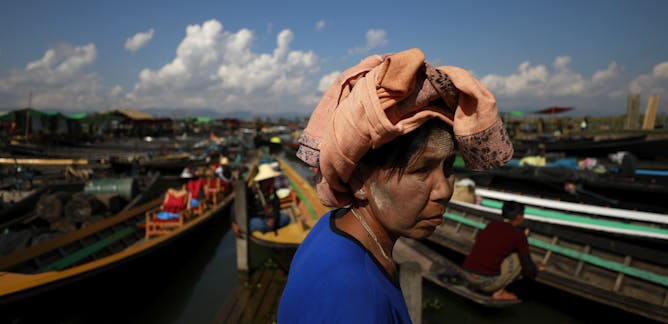
Nitya Rao, University of East Anglia
Climate change will affect everyone, but women will overwhelmingly bear the greatest burden.
|
|
|
Arts + Culture
|

Sumeet Sekhon, University of British Columbia; Navjotpal Kaur, Memorial University of Newfoundland
Studies suggest a significant proportion of Indian-origin families in Canada are practising female feticide. It is crucial to understand how gender inequality may lead to sex selection.
| |
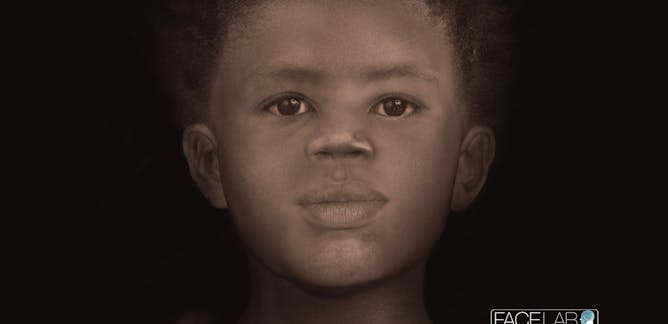
Kathryn Smith, Liverpool John Moores University; Caroline Wilkinson, Liverpool John Moores University
Through science, art and technology, we are able to reconstruct the faces of the dead based on their remains. The researcher who did this work for descendants in Sutherland explains the process.
|
|
|